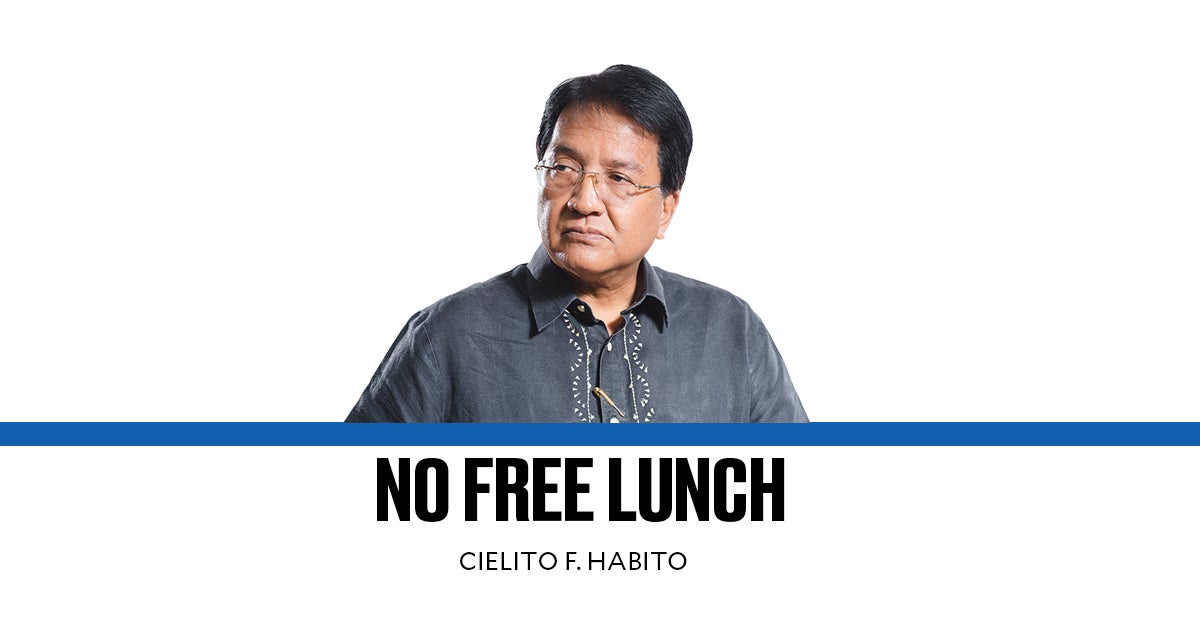Our broken institutions

The latest Nobel Prize in Economics awarded to three economists has brought renewed interest in the 12-year-old book “Why Nations Fail” authored by two of them, Daron Acemoglu and James A. Robinson. The title alone could provoke any thinking Filipino to take an interest in the book and the work of the three new laureates, as it’s hard not to feel our country somehow being alluded to when speaking of failed nations.
The book’s central theme is how political and economic institutions determine a nation’s economic success or failure. Simon Johnson, the third laureate, co-authored other works with both on the same theme of institutions shaping economic development. They conclude that inclusive institutions—those that allow wide political participation and economic opportunities—promote prosperity by encouraging innovation, investment, and sustained growth.
On the other hand, extractive institutions—which concentrate power and wealth in the hands of a few (sound familiar?)—stifle economic progress and lead to poverty and instability. The authors assert that it’s not geography or culture, but political choices and institutional development that play the decisive role in shaping a nation’s destiny.
The book’s case study on the city of Nogales, cut in half by a fence between the state of Arizona in the United States and the state of Sonora in Mexico, is interesting and illustrative. The authors note that between the two sides, “there is no difference in geography, climate, or the types of diseases prevalent in the area.” The residents on both sides “share ancestors, enjoy the same food, and the same music … and have the same ‘culture’.”
And yet the average income of those south of the fence is only one-third of those on the northern side. Most adults in Nogales, Sonora, did not finish high school, but most in Nogales, Arizona, did. Life expectancy is much longer in the latter, and residents take for granted public amenities like electricity, telephones, a sewage system, public health services, a road network linking them to the rest of the country, and law and order.
South of the fence, people don’t live as long or have as wide access to the same amenities, crime is high, and opening a business is both cumbersome (with many palms to grease) and risky (robbery is likely). They “live with politicians’ corruption and ineptitude every day.” The stark contrast traces dramatic differences in how the various institutions that are part of people’s daily lives operate—differences that arose out of divergent historical circumstances.
Nogales, Sonora, is painfully reminiscent of how ordinary citizens live in the Philippines. Over the years, we have witnessed men and women elected into power systematically destroy our democratic institutions and convert them from the instruments for inclusion they are meant to be, into tools for extraction to consolidate their power and wealth. There is hardly any direction one can look in our society anymore and not see institutions having been ruined and mangled by people wielding political and economic power. Congress behaves more like an investigative than legislative body, as critical policy reforms take a backseat to political grandstanding. Dynasties are growing with every election, and we see politics having been turned into a lucrative family enterprise, while the very legislators in whom lies the duty of enacting the constitutional ban against them will naturally shirk that solemn obligation.
Many of our courts have ceased to be reliable dispensers of impartial judgment, with many judges deserving the appellation “hoodlums in robes” that a former president once described them with. Yet he himself severely damaged the very institution of the presidency, for which he was impeached—and he was not the last to do so. The public education system, our nation’s main institution for renewal and regeneration, is emerging to have been abused and misused for the extraction of personal and political gain by its previous leader. The other vital institution with a mission for inclusion and societal preservation—our public health-care system, including the Philippine Health Insurance Corporation—has been hounded by scandals involving massive extraction of public funds through corruption and misuse.
I could go on and on with various extractive institutions now in our midst, and one wonders what the historical roots led us to this pathetic condition of a failing, if not failed state. Some say it’s the Marcos dictatorship; others look further back to our centuries of colonial subjugation. It’s a complex story, to be sure, but rather than look to the past for explanations, our time and effort is perhaps better spent looking to the future and figuring out what can be done to fix our badly broken institutions.
—————-
cielito.habito@gmail.com


















